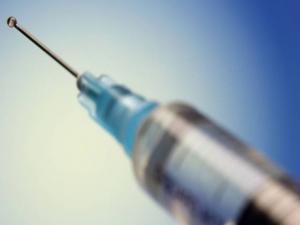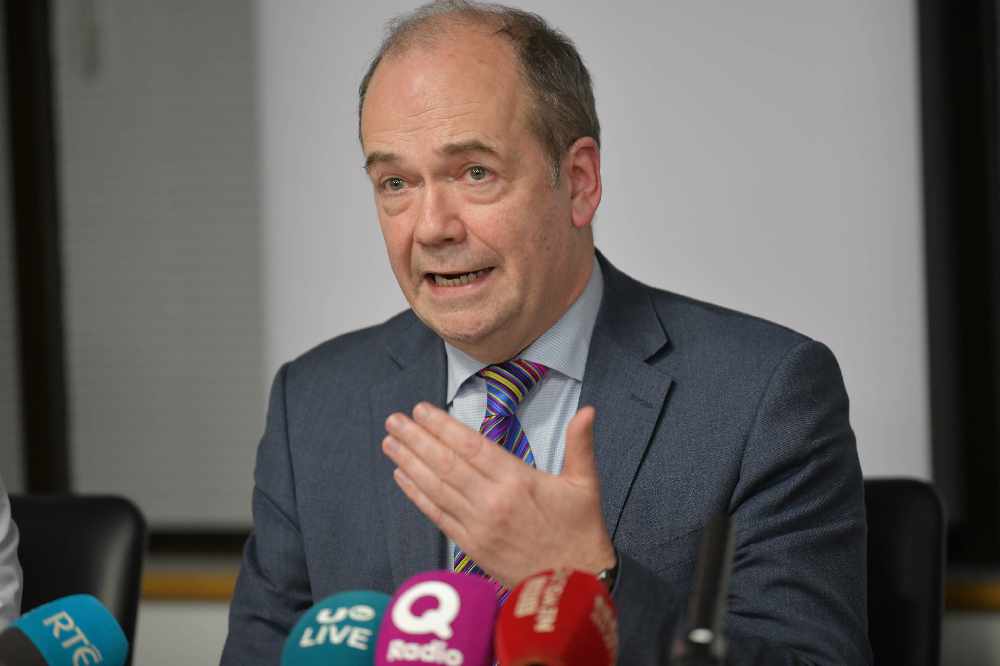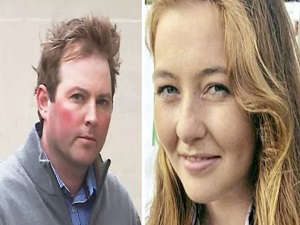
By Rebecca Black, PA
Almost 100,000 Covid vaccinations have been administered in Northern Ireland.
The region’s chief medical officer Dr Michael McBride praised a “firm, very solid” start to the rollout, but warned against complacency, saying that those inoculated can still potentially carry and spread the virus.
The rollout will continue via large fixed regional vaccination sites run by health trusts, mobile trust teams to visit care homes and a primary care based model.
The rate of progress will be dependent on the availability of vaccines, supplied as part of UK-wide arrangements.
Patricia Donnelly, head of the Covid-19 vaccine programme in Northern Ireland, said almost 100,000 jabs have so far been administered.
She said a “very flexible agile” programme has been produced.
Phase one, involving older adults in care homes and care home workers, is more than 92% complete, with the remaining outstanding due to Covid outbreaks.
Ms Donnelly described a “very high” level of uptake for the most vulnerable group.
The over-80s group is currently being worked through via GP surgeries, as well as the health staff group.
“We are coming to the end of our phase one… and I’m happy to report that we are approaching 100,000 vaccines administered, of these 86,000 will have been first vaccinations through trusts and GPs,” she said.
“We are about to enter phase two, which is for the over 75-year-olds.”
There are seven large vaccination sites across Northern Ireland that will operate seven days a week from 8am to 8pm.
A mass vaccination programme is expected to be under way by the summer.
Looking to the future, Ms Donnelly said she expected Cvid-19 to be around for some time and said an annual or bi-annual jab may be required.
Asked about whether any groups of workers will be prioritised for the vaccine, Dr McBride said the order of who receives it is recommended by the Joint Committee on Vaccination and Immunisation (JCVU).

“They have determined that the process that we’re adopting to primarily about saving lives and protecting those most at risk from severe disease,” he said.
“Any time we consider bumping someone else up the queue, we push someone else down the queue, somebody who is at increased risk. This is all about saving lives, all about protecting people from severe disease.
“When we get through those nine priority groups, we will prevent 99% of all deaths, and then it recommends that we then look to other groupings including those who may be at increased risk of exposure because of occupational risk, and that is further work which is ongoing.
“But we are not at that stage yet where we would be recommending prioritising other occupational groups.
“There is no evidence that other occupational groups are at increased risk of disease or severe disease, and it’s important that we all wait our turn to be called.”
Ms Donnelly added: “There are other essential groups which I think JCVI will look at and they are going to discuss that further, we understand, later in February.
“And while we acknowledge that those are important roles that people play and that there will be a service continuity part that I think will be stressed in trying to support their prioritisation, we’re not going to operate outside the JCVI priority list, we’re still waiting for advice from them about those other essential services.”


 Swann refuses to rule out resigning if budget is not changed
Swann refuses to rule out resigning if budget is not changed
 Fresh inquests ordered into deaths of 15 killed in McGurk’s bomb blast
Fresh inquests ordered into deaths of 15 killed in McGurk’s bomb blast
 Trial ends after man accused of murder of young showjumper is found dead
Trial ends after man accused of murder of young showjumper is found dead
 A brief hearing and chaotic scenes as Donaldson makes first court appearance
A brief hearing and chaotic scenes as Donaldson makes first court appearance